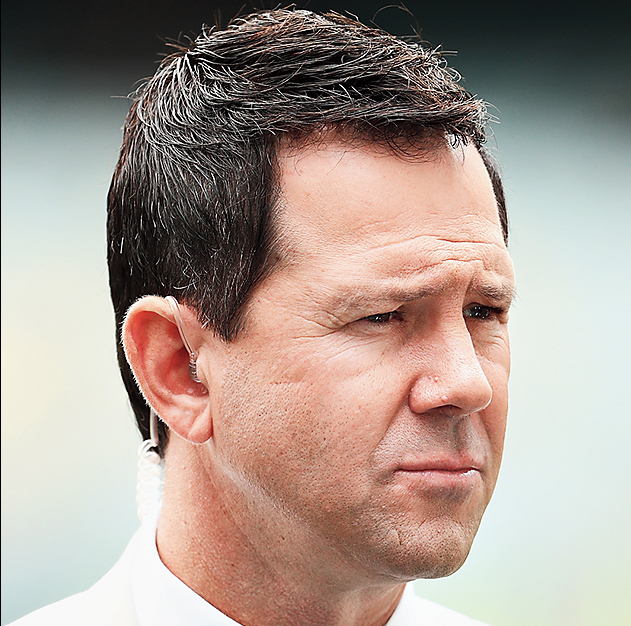Ricky Ponting believes on-field umpires around the world no longer look at the front line to check for no-balls. According to Ponting, it’s a trend he believes is “not right” and detrimental to the fielding side.
He said that some “blatantly obvious” instances of Ishant Sharma over-stepping on the penultimate day of the first Test in Adelaide — none of which were called a no-ball on the field — indicated to him that the umpires were leaving no-ball decisions up to the third umpire in the case of a wicket falling.
The issue came into focus after Ishant dismissed Aaron Finch early in Australia's second innings. Umpire Kumar Dharmasena raised his finger, but Finch earned a reprieve from the third umpire when replays showed Ishant had overstepped.
Television broadcasters thereafter showed that the pacer continued to overstep during his spell, but a no-ball wasn’t signalled on the field at any stage.
“I’ve said this for a lot of years. I honestly don’t think the umpires look at the front line anymore,” the former Australia captain told the Cricket Australia website.
“Some of the ones we’ve seen today… He (Ishant) was four-six inches over the line.
“I don’t think the umpires are looking and I certainly don’t think they were looking at those ones because they were blatantly obvious ones. And as we know now, they’ll only ever look at them if a wicket falls, which as far as I’m concerned is not right.
“Part of umpiring is to get the no-ball decisions right as well. I’m not asking for everything to be spot on, but if you’re six inches over, then surely you can call it.”
Ponting said India had every right to expect to be told when Ishant had over-stepped so that the pacer could adjust his run-up and delivery stride, and avoid the issue costing him a wicket.
“If I was the fielding team, I’d want to know,” Ponting said.











